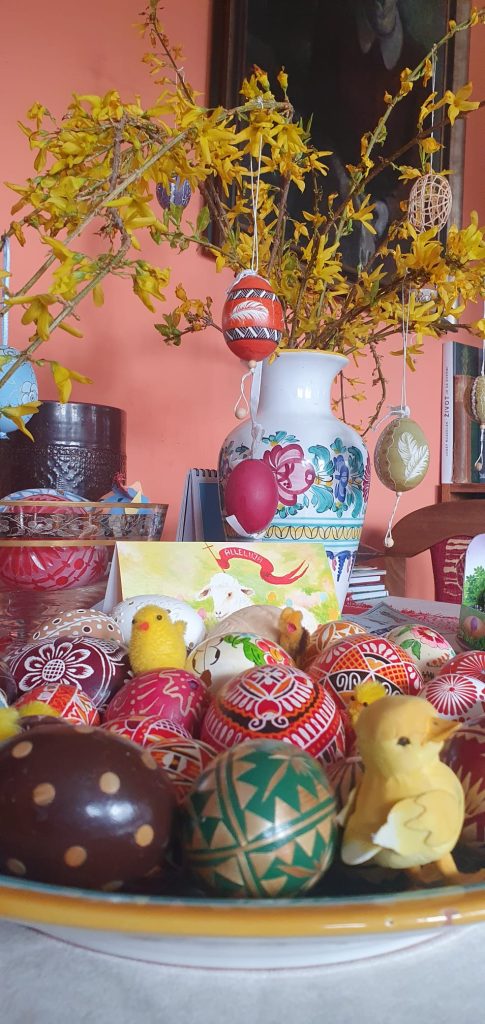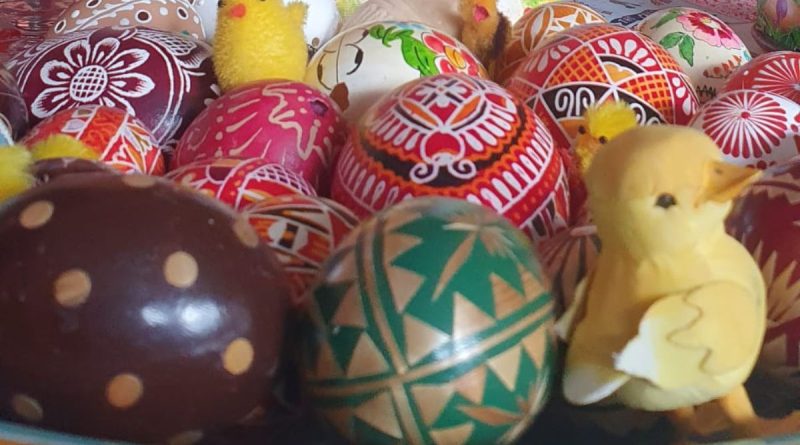Easter traditions: Painting eggs for the patriarchy?
With Easter coming up, families are preparing for the week long celebrations. This week is important around the world and is celebrated in surprisingly similar ways.
“It is strange to see similarities in Easter traditions between a country such as India in the Global South and a majority of countries in Europe.” Lendl Paul reflects on how, here in Goa, we celebrate Easter for the entire week, a tradition that has stayed with us since the Portuguese colonial rule. Lendl is a young chef from Majorda who is looking forward to the upcoming April celebrations. “Apart from the religious aspect, we also paint eggs like they do in the Czech Republic. The boys receive a painted egg from the women… on Easter Sunday. In return, the boys give the women a cross made out of twigs or palms from a palm tree.”
In many places, like the Czech Republic, celebrations begin with the painting of eggs. For Czechs, Easter, which began as a religious holiday, has become a mostly secular week of celebration. This change took place during the communist regime when rates of religion dropped significantly. In current times especially in the countryside of the Czech Republic, one of the most popular and unique traditions is the creation of Easter whips called “pomlázka”, made of willow twigs decorated with colorful ribbons.
Irena Pohořelá, 91-year-old from Jihlava, Czech Republic, said, “On Easter Monday, boys and men visit their female relatives and friends, and whip them lightly with the handmade whips in return for painted eggs. It is believed that this tradition will bring health and fertility for the upcoming year.” However, Pohořelá asserts that the tradition has been opposed by many women as an orthodoxical practice tied to the values of past generations.
Samantha Naronha, a banker from Siolim, Goa elaborates on how the traditional side of Easter, and the ritual of women giving men their painted eggs, doesn’t quite fit with the societal values of a new Goan generation “It is a patriarchal tradition confined to binary gender norms. Most young people have stopped following this tradition because it is rudimentary and problematic. But Easter is still a big traditional celebration in Goa… Easter is seen as a time to reconnect with family, have a big family dinner and share some quality time.”

By Ronald Rodriguez and Gabrielle Chastenet de Gery




